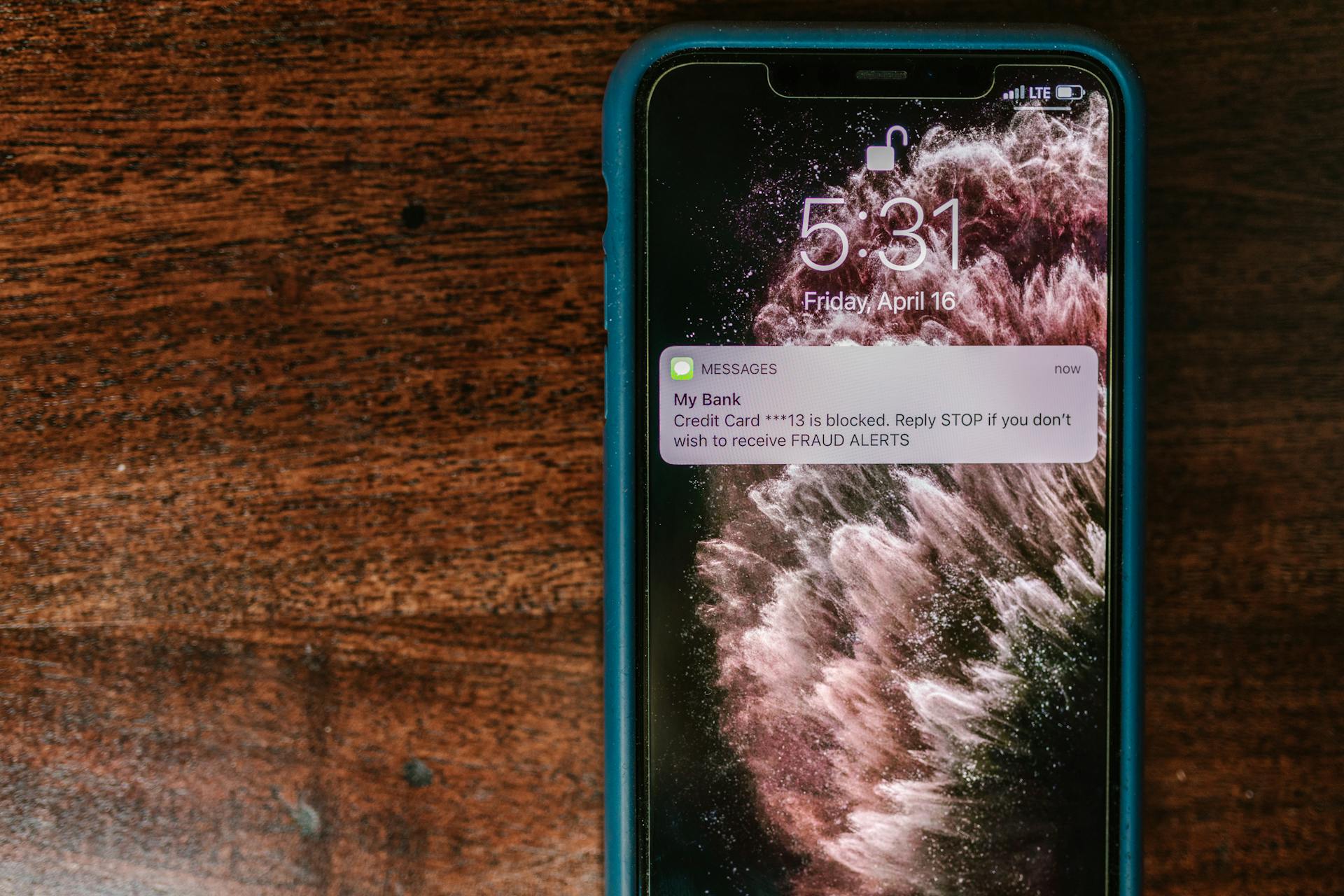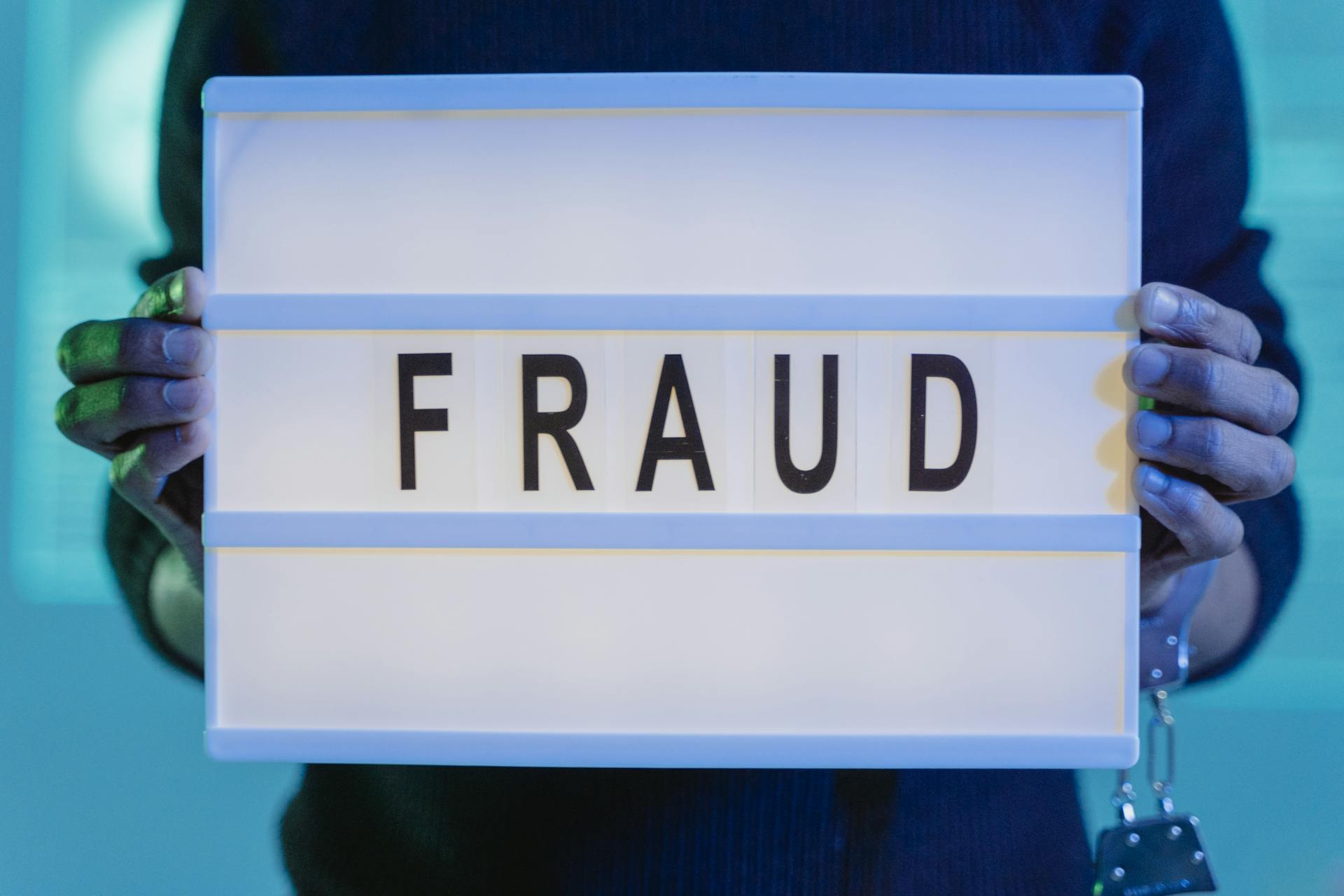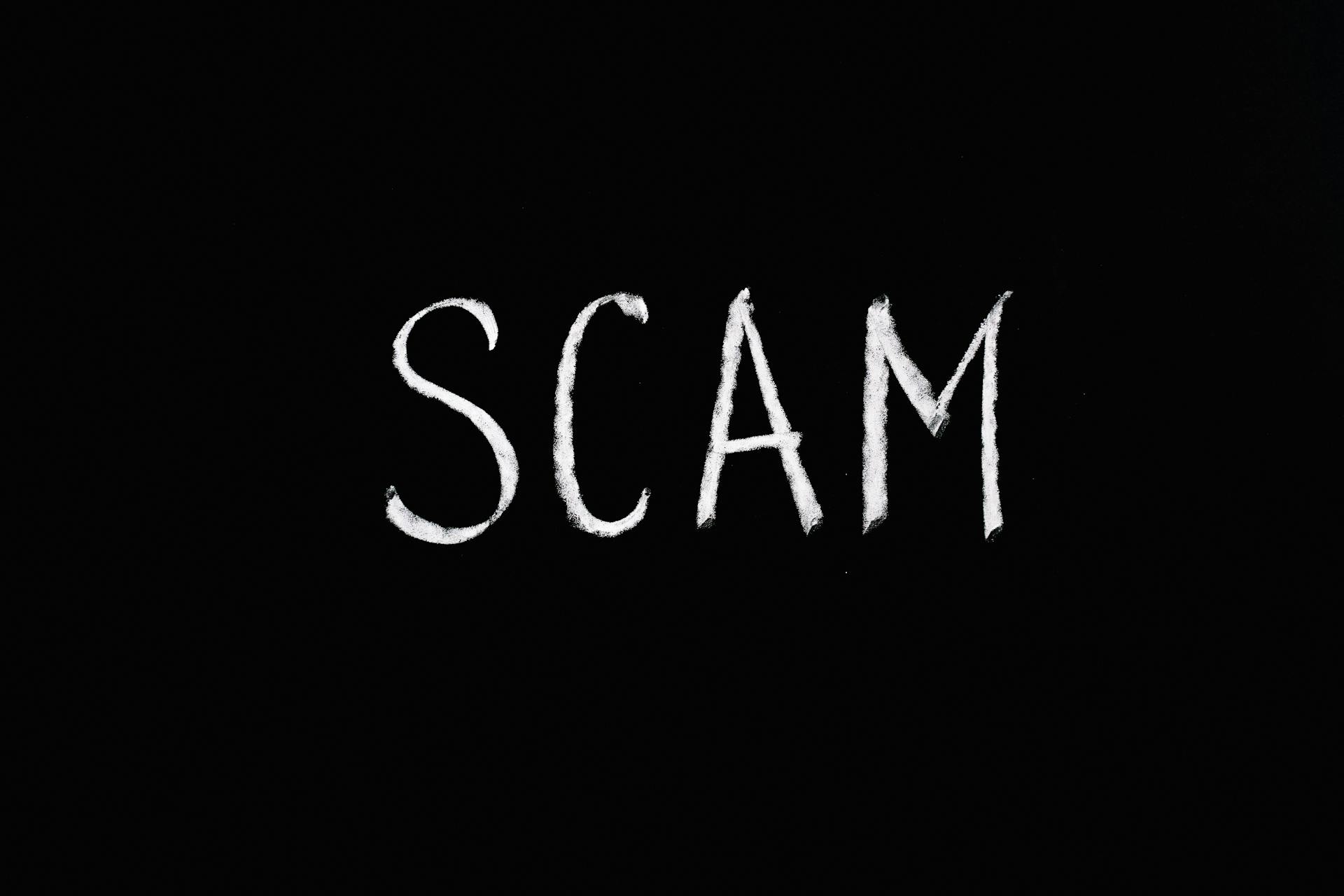
Marketplace insurance scams can be a nightmare, but being informed is the first step to protecting yourself. Scammers often target vulnerable individuals, including seniors and those with pre-existing conditions.
Scams can take many forms, including fake insurance companies, unauthorized agents, and even phishing emails. These scammers often use high-pressure sales tactics to convince victims to purchase unnecessary or non-existent insurance plans.
One common tactic is to promise low premiums or special discounts, only to later reveal exorbitant fees or penalties. This can lead to financial ruin for unsuspecting victims.
Be cautious of any insurance company that doesn't have a physical address or a legitimate website. Scammers often operate out of PO boxes or use fake websites to appear legitimate.
Understanding Scams
Scammers often impersonate government officials to trick you into divulging sensitive personal information. They may claim to be from the government and ask to verify your Social Security number, credit card information, or bank details.

Be cautious of robocalls, which are illegal unless you gave the caller written permission to call you. If you receive a robocall, it's likely a scam.
Scammers may also ask you to press a button to connect to an operator, which can verify that you're a live respondent and put you at risk for receiving more calls. Don't press any buttons, and if you do speak to an operator who asks for personal information, hang up.
Common Medicare Scams
People on Medicare and Medicaid plans can get calls from scammers impersonating government officials who try to steal money and personal information.
Medicare scams are mostly related to Medicare Part-D, which requires paying a monthly premium to an insurance carrier. You pay by using the carrier's network to get prescription medicines.
Medicare plan representatives will never contact you first or come to your house uninvited to ask for personal information or payment.
The state Medicaid Agencies will never ask for your personal information or bank and credit card details to renew your enrollment in the state's program.
Scammers often use these tactics to trick you into giving away sensitive information or sending money.
Key Considerations

When dealing with scams, it's essential to be aware of the tactics scammers use to target their victims.
Government agencies will not call you about your health insurance, so if someone claims to be from the government, it's a red flag.
Robocalls are illegal unless you've given the caller permission to call you.
You can report unwanted robocalls to the Federal Trade Commission (FTC).
If you receive a robocall, don't press any buttons, as this can verify that you're a live respondent and put you at risk for receiving more calls.
Here are some common tactics scammers use to get you to press a button:
- Press 1 to speak to an operator
- Press a number to confirm your identity
- Press a number to be taken off the call list
The goal of these tactics is to get you to engage with the scammer, which can lead to further harassment and potential financial loss.

If an operator asks you for personal information, such as your Social Security number or credit card details, hang up immediately.
The government will not ask you to verify your personal information over the phone, so be cautious of anyone who claims to be from a government agency and asks for this information.
Scam Warning Signs
Scammers want payment to provide help with the Health Insurance Marketplace, but legitimate assistants and navigators will not ask for payment to provide assistance or require personal or financial information.
Scammers impersonate government officials and may ask for money or personal information, including your Social Security number, credit card, or bank details.
Scammers sell fake medical discount plans that charge a monthly fee to offer discounts on medical products or services from a specific list of medical providers.
Make sure you have the details of the medical discount plan in writing before you sign up.
Here are some warning signs to watch out for:
- Scammers ask for payment to provide help with the Health Insurance Marketplace.
- Scammers ask for sensitive personal information in exchange for a price quote.
- Scammers impersonate government officials and may ask for money or personal information.
- Scammers sell fake medical discount plans.
Reporting and Prevention

Scammers often use fake online marketplaces to sell fake or stolen insurance policies, so be wary of websites or social media groups that seem too good to be true.
According to our research, over 70% of online insurance scams involve fake websites that look similar to legitimate insurance company websites.
Be cautious of unsolicited emails or messages offering cheap insurance policies, as they may be phishing attempts to steal your personal and financial information.
In 2020, a study found that 1 in 5 online insurance scams were reported to the authorities, but many more go unreported.
To prevent falling victim to a marketplace insurance scam, always verify the authenticity of an insurance company by checking their physical address and contact information.
Legitimate insurance companies will never ask for payment or sensitive information via email or messaging apps.
If you suspect you've been targeted by an insurance scam, report it to the relevant authorities immediately.
A fresh viewpoint: A Life Insurance Company Sells a Term Insurance Policy
Frequently Asked Questions
How do health insurance scams work?
Health insurance scams often involve scammers impersonating officials or agents to steal personal info or trick victims into buying fake plans. Be cautious of unsolicited calls or emails from "officials" or "representatives" claiming to offer health insurance services.
Sources
- https://www.consumerreports.org/consumer-protection/health-insurance-marketplace-scam/
- https://www.atg.wa.gov/news/news-releases/consumer-alert-ag-ferguson-warns-consumers-scam-health-insurance-ads-and-websites
- https://www.rebelrates.com/articles/read/how-can-i-protect-myself-from-fraud-in-the-health-insurance-marketplace
- https://disb.dc.gov/page/beware-fake-health-plans
- https://financelibrary.brentwoodbank.com/family-finances/identity-protection/article/spotting-health-insurance-scams
Featured Images: pexels.com


